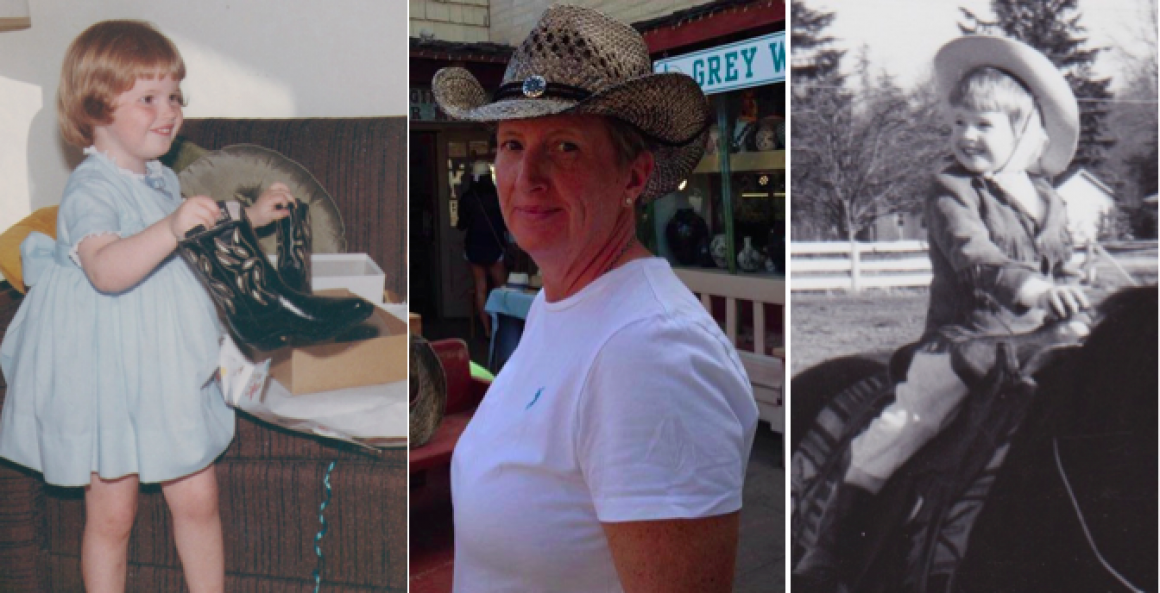As usual, I’m a few entries behind in this A to Z Blogging Challenge. It is easy to fall into feeling badly about not getting it done on time and in lock-step with the schedule, but the reality is that it doesn’t really matter. By at least keeping up with the writing on a semi-regular basis, I’m doing Good Enough, which is far better than I was doing in March, which was absolutely zippo when it came to writing.
So. G. As mentioned in previous entries this month, I spent some time recently in the lovely little Mexican beach town of Rincón de Guayabitos, located about an hour north of Puerto Vallarta on the Nayarit Coast. If you’ve been reading to this point, you already know that my dad has lived here for the past 16 years, along with a host of other ex-pats, mostly Canadians and a sprinkling of retired Americans (or, Americans tired of America), i.e. gringos.
I did not know, prior to this trip, that the term Gringo is used to describe Americans, but not Canadians or other northern white European types. There are several theories as to the origin of the term, but the one I prefer is that it refers to the green-uniformed American soldiers who were there during the Mexican American war (1846-48) and were told to leave (i.e. “green go”) and was shortened to gringo.
But, the gringos bring in money and the locals seem friendly and welcoming of the white tourists. The primary economic driver in Guaybitos is tourism—restaurants line the beachfront and the main street through town, and the other store fronts are filled with tchotchkes and trinkets: potions, t-shirts, bags of salt, cheap bracelets, shot glasses, flip flops, and straw hats.
Vendors ply the beach, hawking everything from beadwork they claim to make themselves (a dubious claim as many vendors sell the same damn beaded birds on a variety of local beaches), to donuts, to shrimp on a stick, to tajin covered mangos, to wooden cutting boards, even tattoos and hair braiding.
Early on my dad warned me against eating anything from a beach vendor, especially any meat on a stick. They once had guests who ate some shrimp and spent the next ten days, their entire vacation, in their rooms puking and, well, the other thing. But we did spend a lot of time musing, My Travel Companion (MTC) and I, about who is eating those things, because if they weren’t selling they wouldn’t be out every day selling them.
I did finally give into the urge to purchase a delicious tajin-covered mango on a stick. The only ill effect was the stringy mango stuck in my teeth. But otherwise we stuck to the restaurants where I managed to eat so much guacamole that I didn’t think I would ever want any more ever again. But, turns out, I still love the guac. I could eat guacamole and totopos forever. With Pacifico or, better yet, a margarita. Or three.
The beach in Guayabitos divides neatly into two parts, the Mexican-tourist end, south of the spot where the fishermen sell their catch early each morning, where the pelicans flock for fish guts, and the gringo end to the north, closer to the Zona Residencial. Meals and drinks at the restaurants on the northern end of the beach are quite a bit pricier than meals on the southern end. And we found our favorite places to eat and drink. For breakfast, MTC and I independently discovered Huicholitos, for huevos al gusto, hugo naranga, papas rayada, and frijoles. Weeks went by before we discovered we were eating breakfast at the same place on the beach just at different times!
I spent many days at the north end of the beach just sitting and listening to the waves and taking in the views of the Isla de Coral. I boogie boarded and played in the water as well, and took Bodhi for beach walks most mornings. On the afternoons when I didn’t have to work, Dad, and occasionally Marilyn, would meet us there with a bag of fresh popped popcorn and his Coca Light while I gorged on the Queso Ruffles and Corona Light. A habit I’m still trying to break.
















































